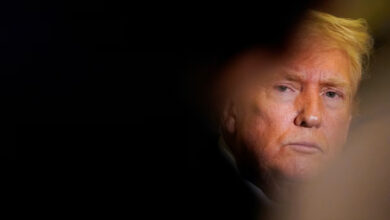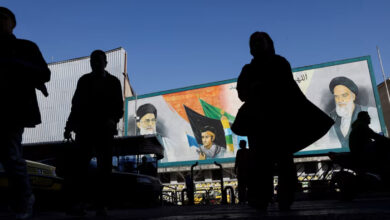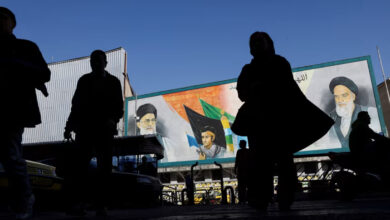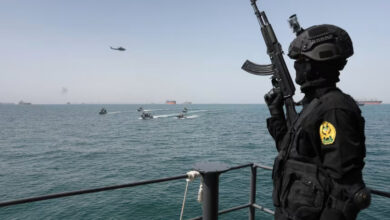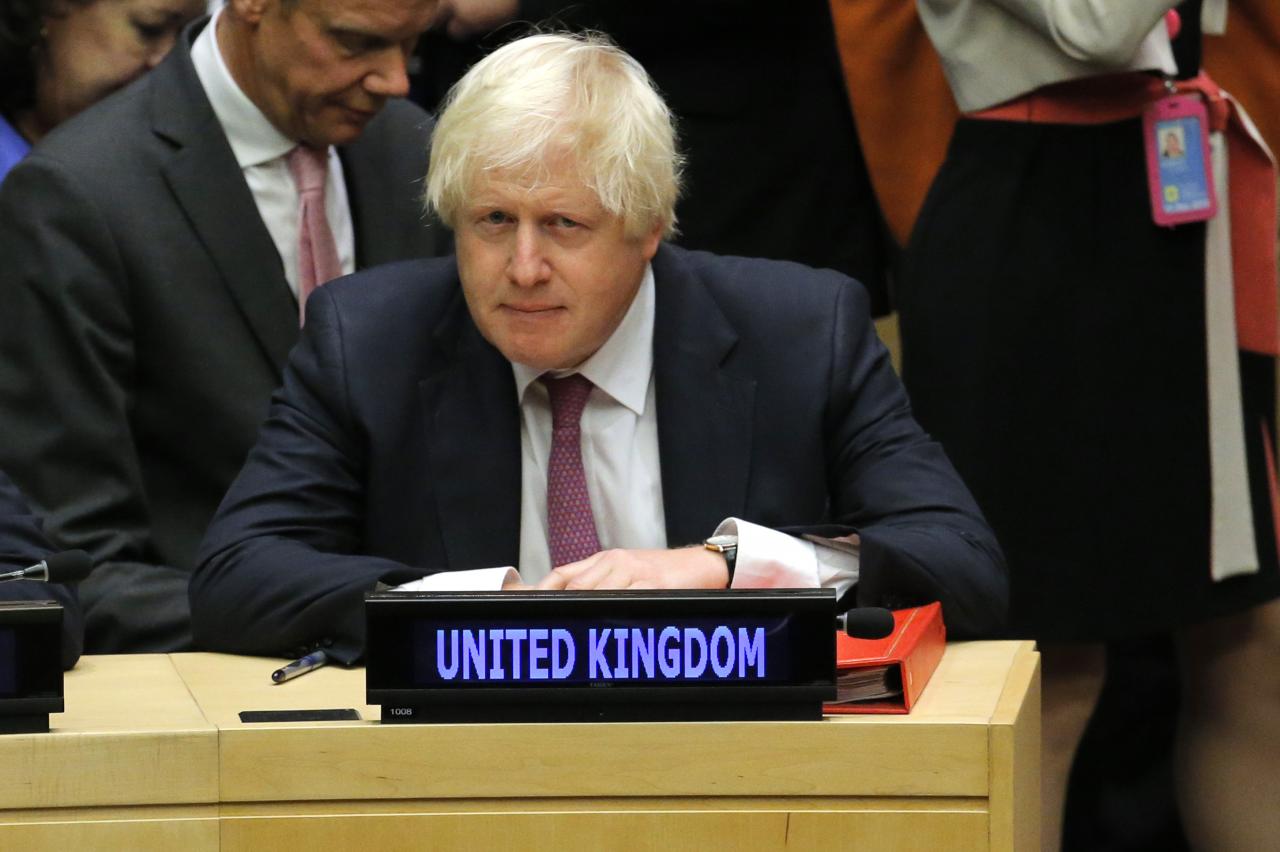
Iran said pro-Damascus forces would press ahead with attacks on an insurgent enclave near the Syrian capital, as ground fighting raged on there following a UN resolution demanding a 30-day truce across the country.
Rebels said they clashed with pro-government forces in the early hours of Sunday, as rescuers and residents said warplanes struck some towns in the eastern Ghouta enclave.
The Syrian Observatory for Human Rights said air strikes and shelling killed seven people and injured 31 in the eastern Damascus suburbs. The UK-based monitoring group said Sunday’s bombing was less intense than attacks over the past week.
There was no immediate comment from the Syrian military.
Iranian General Mohammad Baqeri, whose government backs Syrian President Bashar al-Assad, said Tehran and Damascus would respect the UN resolution.
But the Iranian military chief of staff also said the truce did not cover parts of the Damascus suburbs “held by the terrorists”, the Tasnim news agency.
Several ceasefires have unraveled quickly during the seven-year war in Syria, where Assad’s military has gained the upper hand with the help of Iran and Russia.
The UN resolution on Saturday followed seven straight days of bombing by pro-government forces on eastern Ghouta, in one of the bloodiest offensives of the war.
The Security Council voted unanimously to demand the truce to allow for aid access and medical evacuations. Yet while Moscow supported adopting the resolution, Russian UN Ambassador Vassily Nebenzia cast doubt on its feasibility.
The resolution does not cover militants from the Islamic State, al-Qaeda, and the Nusra Front.
Baqeri said Iran and Syria would adhere to it. But “parts of the suburbs of Damascus, which are held by the terrorists, are not covered by the ceasefire and clean-up (operations) will continue there,” Tasnim quoted him as saying.
The latest escalation by Damascus and its allies has killed more than 500 people in the enclave over the last week, the Observatory says. The dead included more than 120 children.
The Syrian government and Russia deny hitting civilians. Moscow and Damascus have said they seek to stop mortar attacks by militants injuring dozens in the capital.
“HEATED BATTLES”
The United Nations says nearly 400,000 people live in eastern Ghouta, a pocket of towns and farms under government siege since 2013. It is the only big rebel bastion left near the capital.
The two major Islamist factions in Ghouta said on Sunday fierce battles raged on several fronts around the enclave, where troops and rebels have clashed in recent weeks.
Hamza Birqdar, Jaish al-Islam’s military spokesman, said the rebels thwarted attempts by government forces and Iran-backed militias to advance. The insurgent faction took two hostages, he said.
“In the early hours of dawn today, there were heated battles which Assad’s forces launched,” said Wael Olwan, spokesman for Failaq al-Rahman. “They tried to storm the eastern frontlines. The bombing is ongoing at this moment.”
Russia was counting on foreign supporters of anti-government forces to ensure that the ceasefire was observed, the foreign ministry in Moscow said.
Moscow has blamed Nusra fighters from al-Qaeda’s former Syria branch for provoking the situation in Ghouta. Both main rebel factions in turn accuse their enemies of using the presence of a few hundred jihadist fighters as a pretext for attacks.
“INHUMAN”
Pope Francis described Syria as “martyred” on Sunday, calling for aid access and an immediate end to violence.
“All this is inhuman,” Francis told tens of thousands of people in St. Peter’s Square for his weekly blessing.
First responders in eastern Ghouta rushed to look for survivors after air raids on Beit Sawa and Saqba, said the Civil Defence service which operates in rebel territory.
A witness in Douma said warplanes were still flying in the morning.
People have holed up in basements as air strikes battered the area in recent days, and medical charities decried attacks on more than a dozen hospitals.

